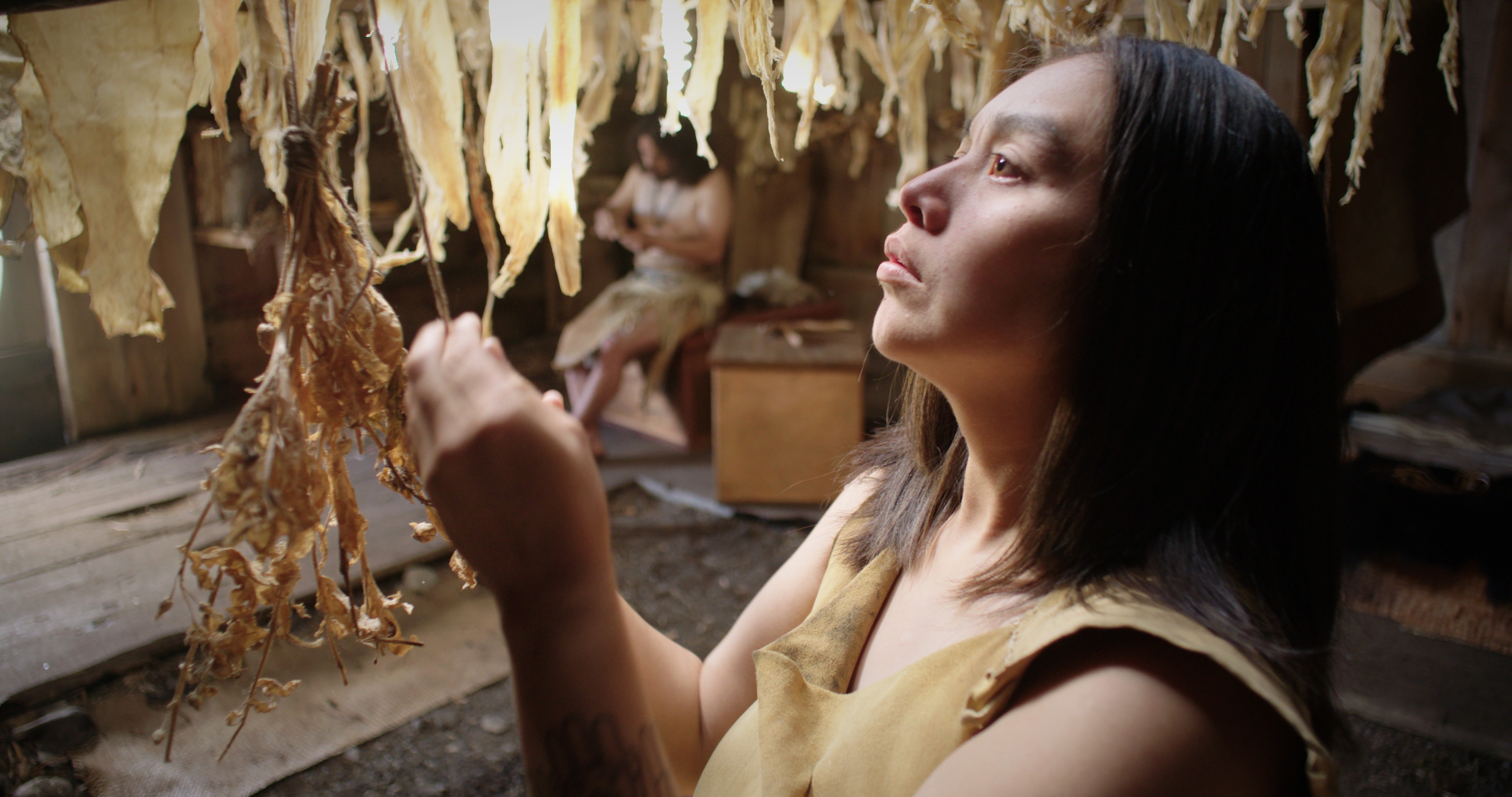Smithsonian Presents Mother Tongue Film Festival
The Smithsonian’s Recovering Voices Initiative will present films from across the globe on the occasion of its annual Mother Tongue Film Festival. Now in its fourth year, the festival is an official event of the 2019 International Year of Indigenous Languages. The four-day festival will open on United Nation’s International Mother Language Day, Thursday, Feb. 21, and will feature 23 films and audiovisual experiences from 34 countries in 62 languages. Through a curated selection of films, the festival celebrates language revitalization around the world and explores the relationship between language vitality and personal and community wellbeing.
The festival runs through Sunday, Feb. 24. Screenings will take place at multiple locations across the Smithsonian and Washington, D.C. A complete schedule of screenings, including times and locations, is available at mothertongue.si.edu. Doors will open approximately 30 minutes before each show. All screenings are free and open to the public, with weekend programming for families.
The festival kicks off with an opening reception Thursday, Feb. 21, at 6 p.m. at the National Museum of the American Indian in celebration of International Mother Language Day. Festival highlights include:
- The Washington, D.C., premiere screening of the award-winning Sgaawaay K’uuna: Edge of the Knife Thursday, Feb. 21, at 7 p.m. in the National Museum of the American Indian’s Rasmuson Theater. Winner of Best Canadian Film at the 2018 Vancouver International Film Festival, Sgaawaay K’uuna is the first feature-length film to be spoke only in the Haida language. Set in 19th-century Haida Gwaii, the film is an adaptation of one of Haida’s most popular stories of pride, tragedy and penance.
- “Past, Presents, and Futures,” a special program Friday, Feb. 22, at 2 p.m. in the Freer Gallery of Arts’s Meyer Auditorium, featuring the short films Blackbird, Imfura and Biidaaban, followed by a filmmaker roundtable.
- A screening of Leitis in Waiting Friday, Feb. 22, at 7 p.m. at the NYU Washington, D.C.’s Abramson Family Auditorium. This documentary is a raw yet tender portrait of Joey Mataele and the Tonga leitis, an intrepid group of native transgender women fighting a rising tide of religious fundamentalism and intolerance in their South Pacific Kingdom. The screening will be followed by a discussion with the audience.
- The Washington premiere screening of the award-winning documentary The Next Guardian Saturday, Feb. 23, at 6:30 p.m. in the National Museum of Natural History’s Baird Auditorium. Set in a remote Himalayan village within the Kingdom of Bhutan, The Next Guardian offers an intimate portrayal of a family through the journey of two teenagers. The screening will be accompanied by a special Bhutanese Cham performance.
- The world-tour premiere of Lena Herzog’s Last Whispers: Oratorio for Vanishing Voices, Collapsing Universes and a Falling Tree Sunday, Feb. 24, at 6 p.m. in the Kennedy Center’s Terrace Theater. Last Whispers is simultaneously a film projection and a choral pre-recorded composition with spatialized 8.1 sound design. Image and sound are poetically linked through 3D animation, video drone footage and still images. Composed of archival linguistic recordings, the oratorio is a chorus of extinct and endangered languages. The project’s director, sound engineer and composer will be available for questions following the performance.
The Mother Tongue Film Festival is presented by Recovering Voices, a collaboration between the Smithsonian’s National Museum of the American Indian, National Museum of Natural History and the Center for Folklife and Cultural Heritage. This program has received federal support from the Asian Pacific American Initiatives Pool, administered by the Smithsonian Asian Pacific American Center; the Smithsonian Arctic Studies Center; the Latino Initiatives Pool, administered by the Smithsonian Latino Center; and the Smithsonian Year of Music. Additional support has been provided by the Embassy of Australia, the Embassy of Canada, the Embassy of Mexico, the Mexican Cultural Institute, the Bhutan Foundation, NYU Washington, D.C. and the Kennedy Center.
About Recovering Voices
Recovering Voices is an initiative of the Smithsonian founded in response to the global crisis of cultural knowledge and language loss. It works with communities and other institutions to address issues of Indigenous language and knowledge diversity and sustainability. Recovering Voices is a collaboration between staff at the National Museum of Natural History, the National Museum of the American Indian and the Center for Folklife and Cultural Heritage.
# # #
SI-29-2019

